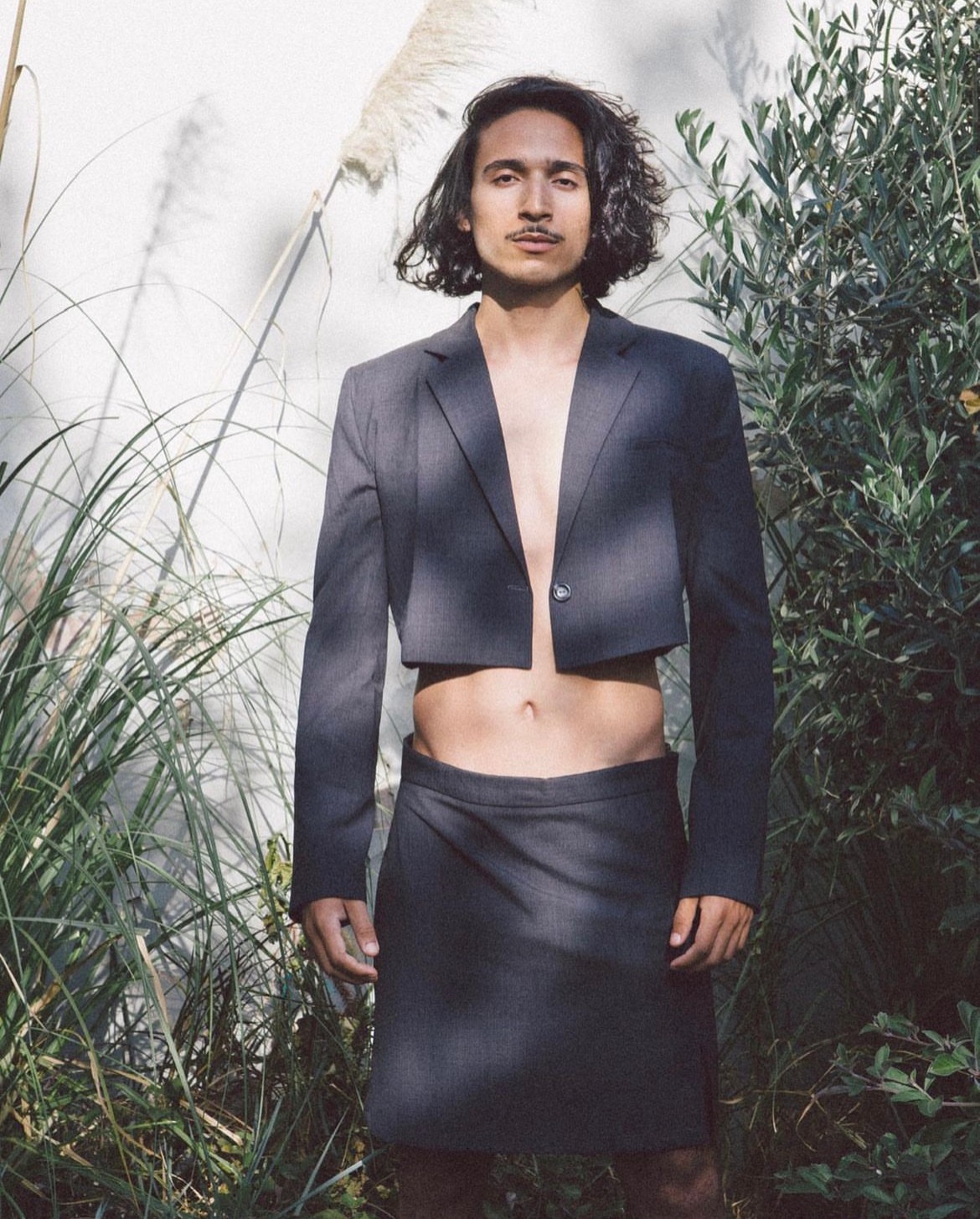We were lucky to catch up with Achraf Khalis recently and have shared our conversation below.
Achraf, thanks for taking the time to share your stories with us today Do you have an agent or someone (or a team) that helps you secure opportunities and compensation for your creative work? How did you meet you, why did you decide to work with them, why do you think they decided to work with you?
Access to Opportunities: In many creative industries, the gatekeepers of opportunities, such as casting calls, exhibitions, or publishing deals, are often talent agencies. For emerging artists, not having an agent can mean missing out on these crucial opportunities.
Navigating the Industry: The artistic world can be complex and challenging to navigate. Agents have industry knowledge and connections that can be immensely valuable for artists. They can help artists understand contracts, negotiate deals, and connect with the right people.
Representation: Agents act as advocates for their artists, promoting their work and negotiating on their behalf. Without an agent, artists often have to manage their own business affairs, which can be overwhelming and time-consuming, taking away from their creative focus.
Validation: Securing an agent can also serve as a validation of an artist’s talent and potential. It can provide a sense of professional legitimacy and attract more significant opportunities.
and the Importance of Having an Agent:
Access to Opportunities: Agents have access to exclusive opportunities, whether it’s auditions, exhibitions, or collaborations. They can open doors that might otherwise remain closed.
Industry Expertise: Agents are well-versed in the industry’s intricacies, including market trends, pricing, and legal aspects. They can guide artists in making informed decisions and avoiding common pitfalls.
Networking and Connections: Agents have a network of industry professionals and potential clients. They can introduce artists to the right people and help them build valuable relationships.
Time and Energy: Having an agent allows artists to focus more on their craft. Agents take on the administrative and business aspects, freeing up the artist’s time and energy for creativity.
Negotiation Skills: Agents are skilled negotiators who can secure better deals for artists, ensuring they receive fair compensation for their work.
Protection: Agents can provide legal protection, ensuring artists’ rights are upheld, and they are not taken advantage of in contracts and agreements.
However, it’s important to note that not all artists may choose to work with agents, as they often require a percentage of the artist’s earnings in return for their services. Some artists prefer to maintain full creative control and handle their business affairs independently. Ultimately, the decision to sign with an agent depends on the individual artist’s goals, preferences, and the specific demands of their chosen field within the arts.
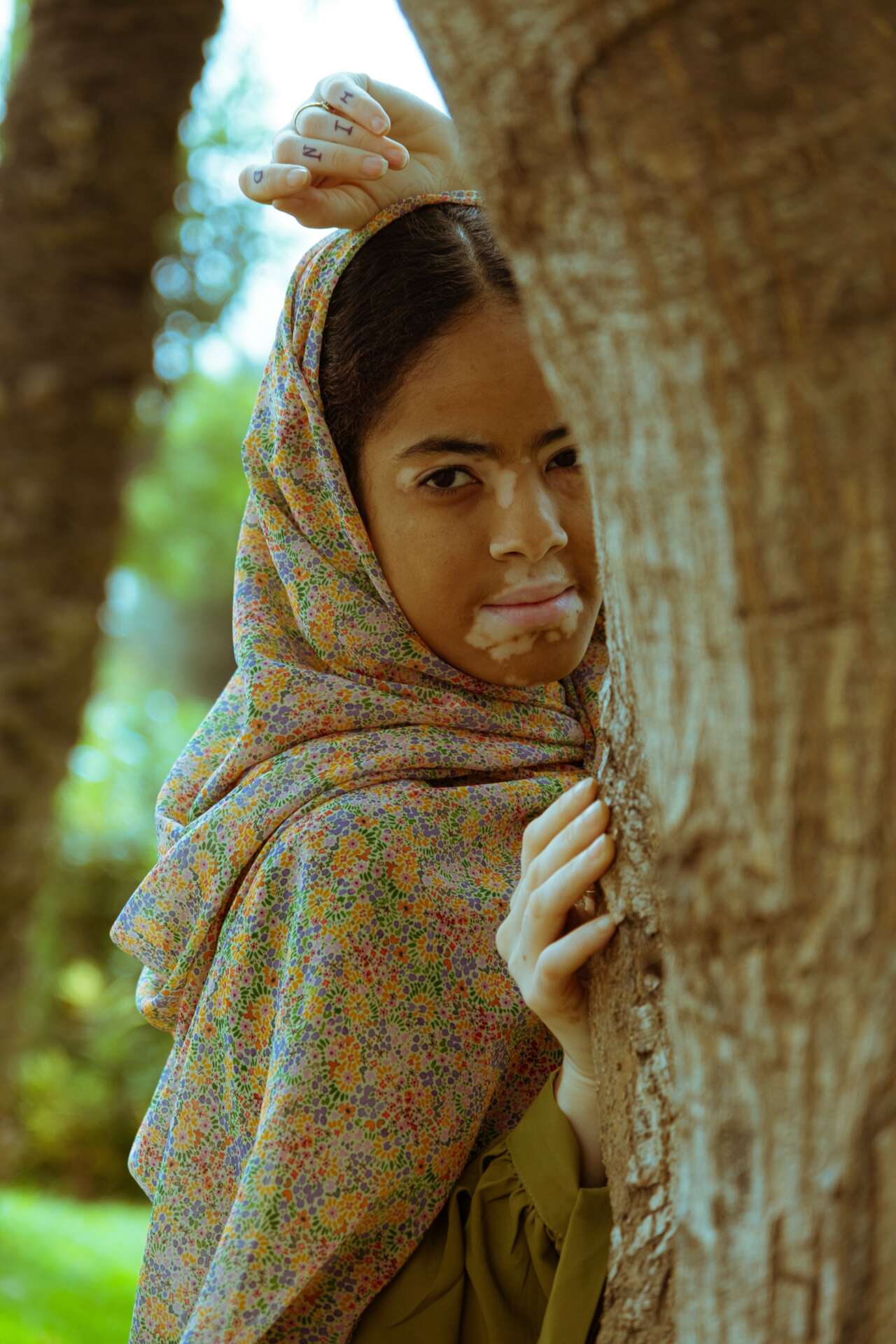
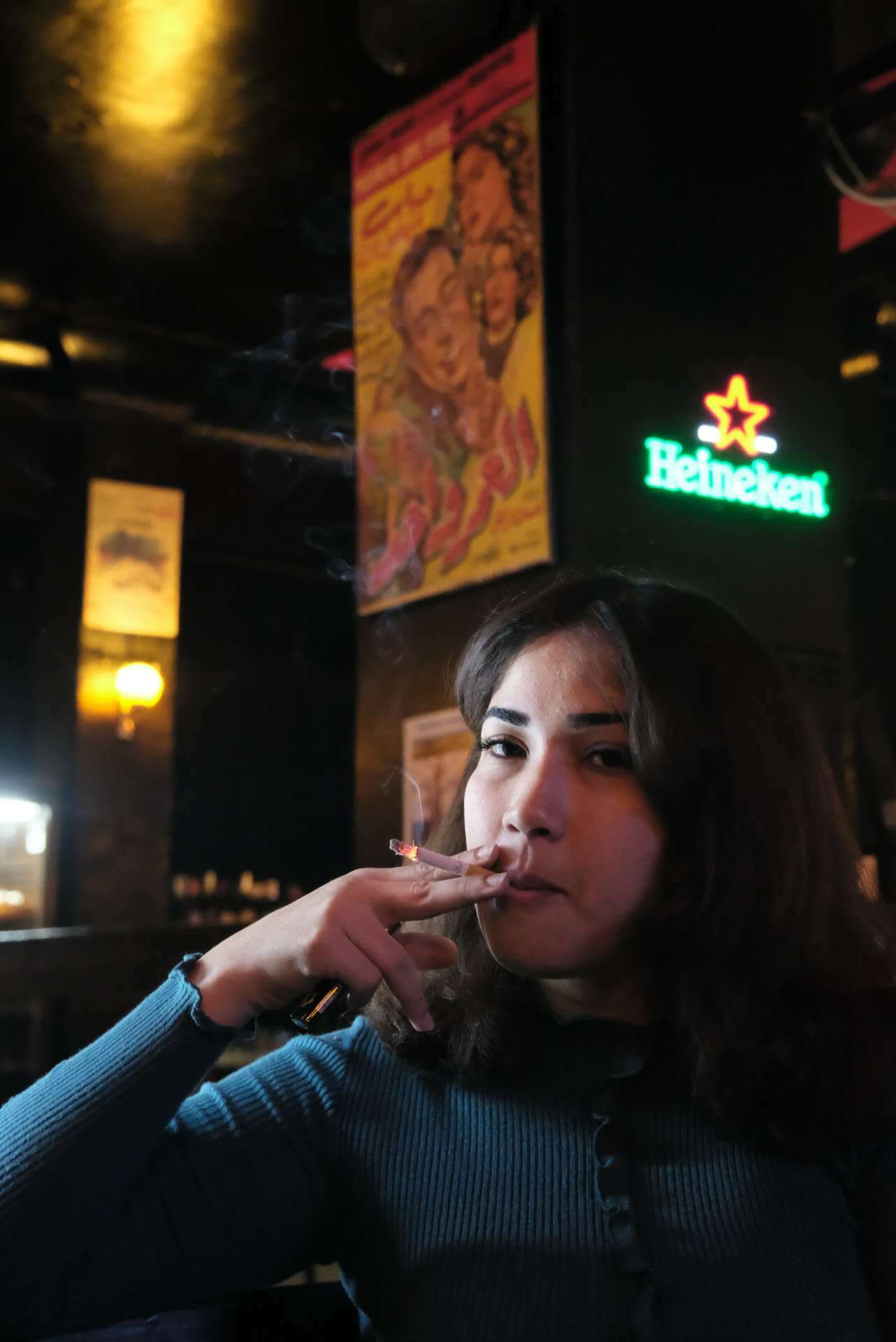
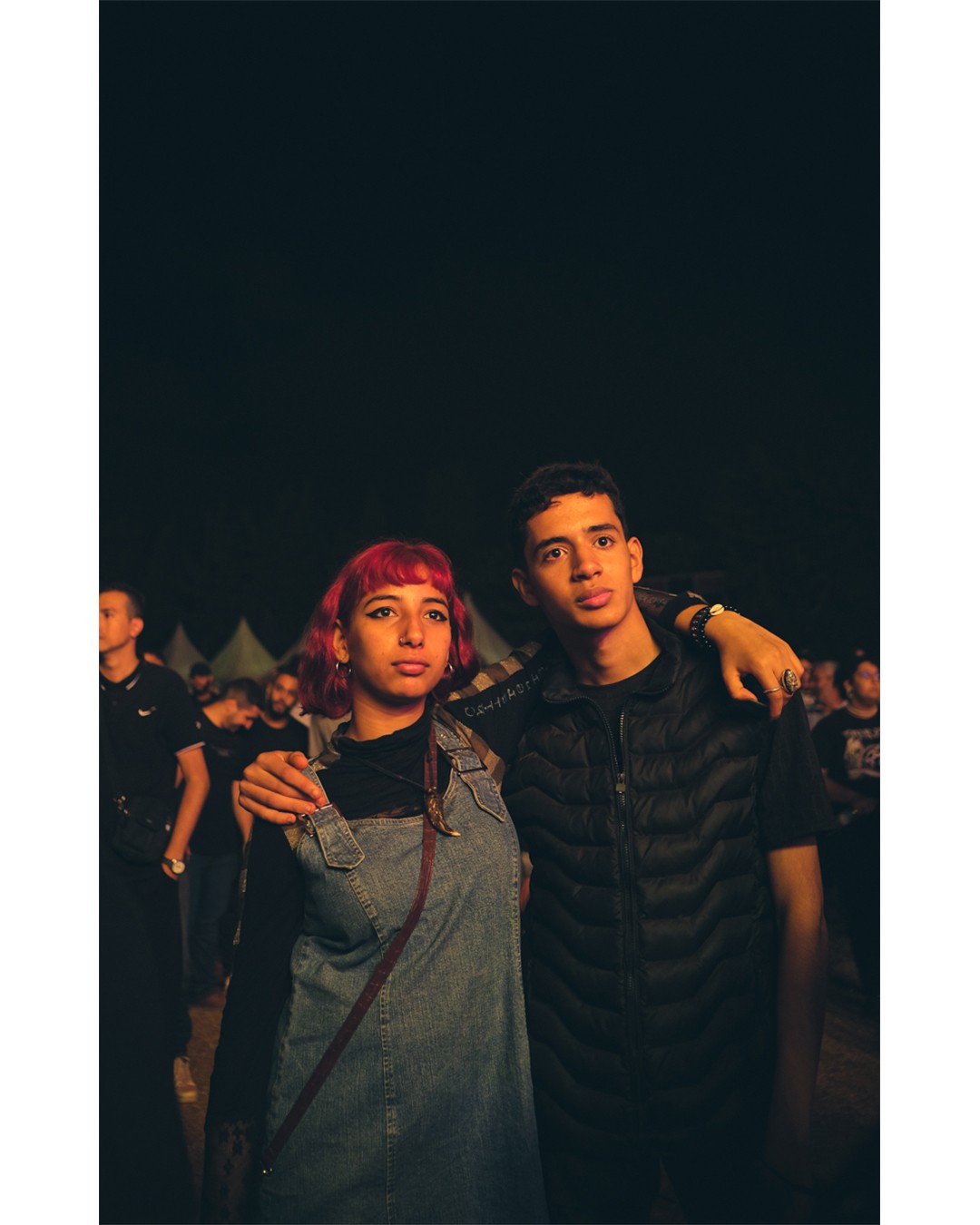
Achraf, before we move on to more of these sorts of questions, can you take some time to bring our readers up to speed on you and what you do?
Thank you for the opportunity to introduce myself.
I’m a Moroccan young artist with a deep passion for cinema, documentary photography, and modeling. My artistic journey is a result of my unwavering love for self-expression and storytelling, which I’ve channeled into multiple creative outlets.
I provide a diverse range of services that reflect my multifaceted talents. As an actor, I immerse myself in characters and stories, aiming to bring them to life on screen. In the world of photography, I continually strive to showcase people in their most spontaneous and sincere moments. I am captivated by the raw and unfiltered emotions that emerge when individuals are not conscious of the camera’s presence. By documenting people in their natural environments throughout my vision, I satisfy my curiosity about their life stories, the journeys they’ve undertaken, and the dreams they hold for the future. And as a model, I use my skills to make a living while pursuing my artistic dreams.
One of the most significant challenges I face is the limited access to opportunities in the artistic circle, particularly in acting. In Morocco, as in many other places, it can be a closed world, with opportunities often favoring those who have the right connections or belong to specific communities. This can make it extremely difficult for emerging artists like me to showcase our skills and develop our craft.
What sets me apart from others is my unwavering determination to overcome these barriers. I’m committed to breaking down these walls and challenging the status quo. I firmly believe that art should be accessible to all and that talent should be the defining factor, not who you know.
I’m most proud of the moments when I’ve managed to defy these challenges and create a name for myself in these industries. Whether it’s landing a role in a film, capturing a photograph that resonates with viewers, or making strides as a model, these achievements symbolize my dedication to my craft.
For potential clients, followers, and fans, I want them to know that my work is a testament to my passion for self-expression and storytelling. I’m here to inspire other young artists who face similar obstacles. My brand is a celebration of the resilience of artists who strive to make a difference in the artistic world, despite the odds. Together, we can redefine what’s possible and open doors for those who deserve to be seen and heard in the world of art.
Feel free to adapt this response to reflect your personal experiences and aspirations in the artistic world.
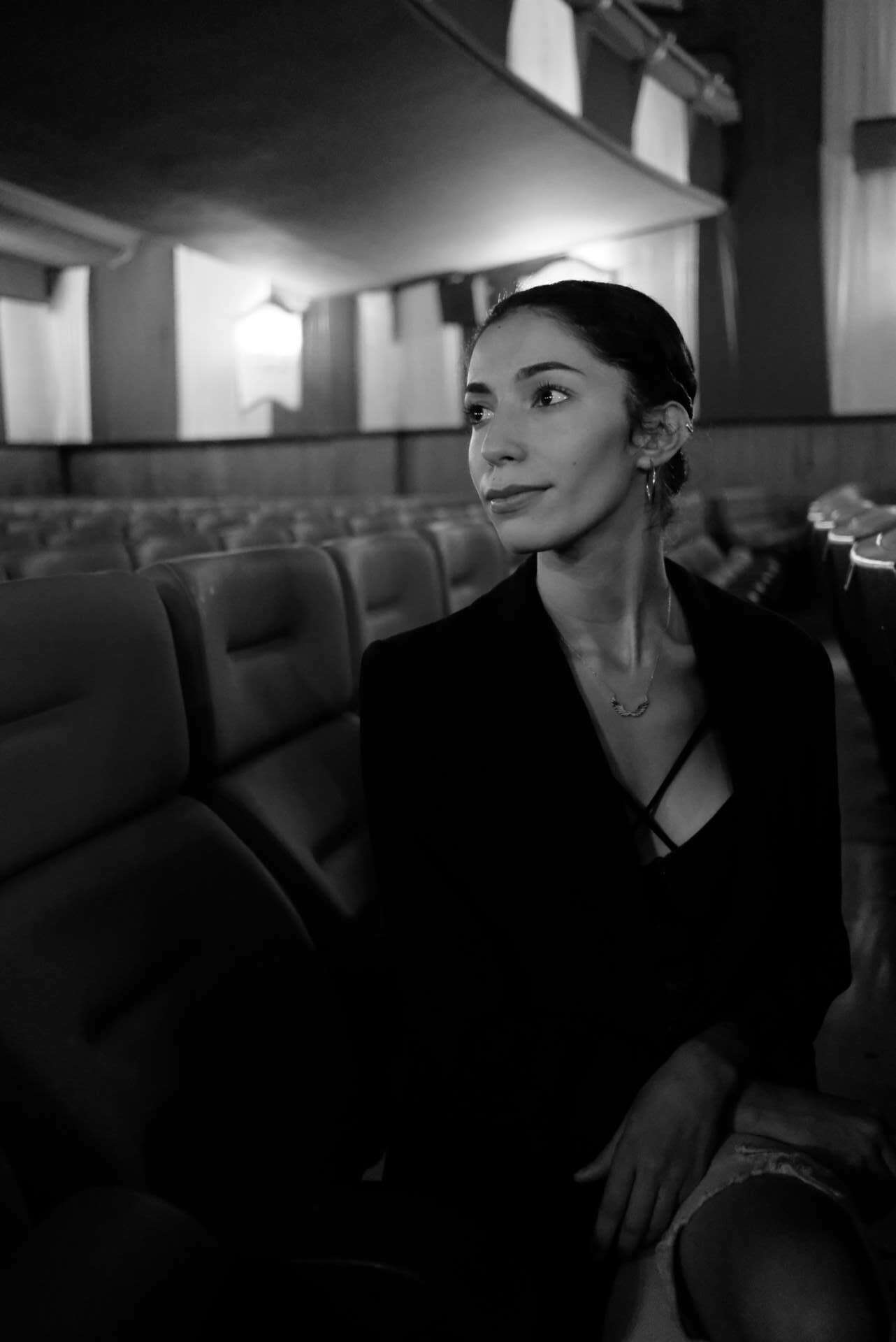
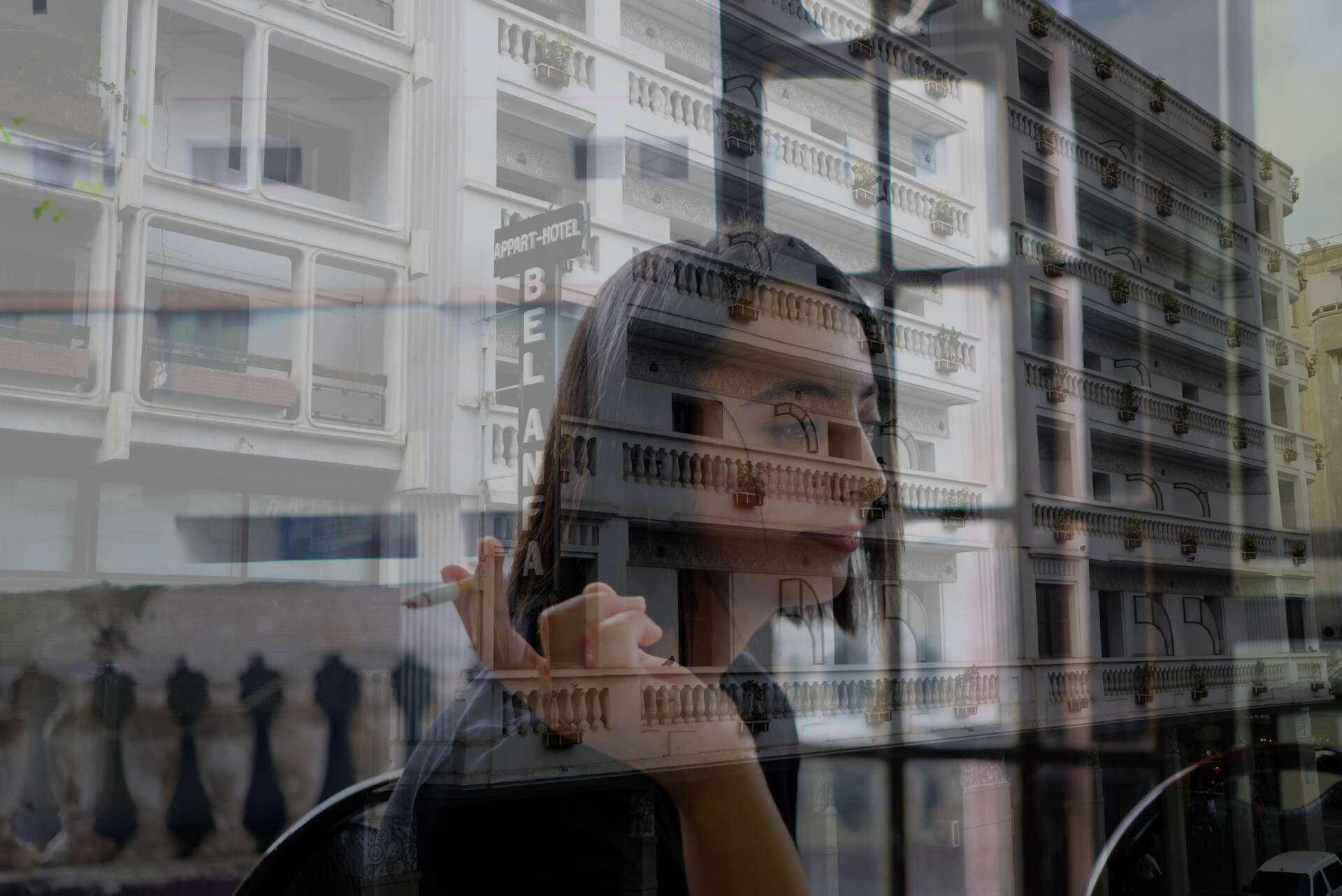
In your view, what can society to do to best support artists, creatives and a thriving creative ecosystem?
– Promote Inclusivity: Encourage diversity and inclusivity within the arts. Support artists from all backgrounds and communities, ensuring equal opportunities and representation.
– Access to Education: Make arts education accessible to all, from a young age. Encouraging creativity and artistic expression in schools can foster a future generation of artists.
– Financial Support: Provide grants, scholarships, and funding opportunities for artists. This support can alleviate financial pressures and enable artists to focus on their craft.
– Accessible Spaces: Create affordable studio spaces, galleries, and performance venues, making it easier for artists to produce and showcase their work.
– Cultural Awareness: Foster a culture of appreciation for the arts. Encourage people to attend exhibitions, performances, and cultural events, and involve art in public spaces.
– Mentorship Programs: Establish mentorship initiatives that connect established artists with emerging talents, allowing for knowledge transfer and guidance.
– Fair Representation: Encourage media, institutions, and festivals to highlight a diverse range of artists. This helps break the cycle of a few artists monopolizing the spotlight.
– Supportive Policies: Advocate for policies that protect artists’ rights, including copyright laws and fair compensation for their work.
Community Engagement: Foster an environment where the community actively engages with artists. This can include attending open studio events, workshops, and public discussions.
– Collaboration: Promote collaboration between artists and industries beyond the arts. Art can enrich various sectors, such as technology, healthcare, and urban planning.
– Cultural Exchange: Encourage international cultural exchange programs, giving artists opportunities to showcase their work on a global stage.
– Celebrate Failure: Acknowledge that artistic endeavors often involve risk and setbacks. Embrace failure as a part of the creative process, encouraging artists to take risks and learn from their experiences.
– Online Platforms: Support and invest in online platforms that allow artists to reach a wider audience. The internet can democratize access to art.
– Government Investment: Advocate for government funding and policies that support the arts. Investment in the arts can have a positive impact on the economy and society as a whole.
– Public-Private Partnerships: Encourage collaborations between government, businesses, and nonprofit organizations to sponsor and promote artistic initiatives.
Supporting artists and nurturing a thriving creative ecosystem requires a multifaceted approach that involves individuals, communities, institutions, and policymakers. By doing so, society can harness the transformative power of art and creativity to enrich the human experience.
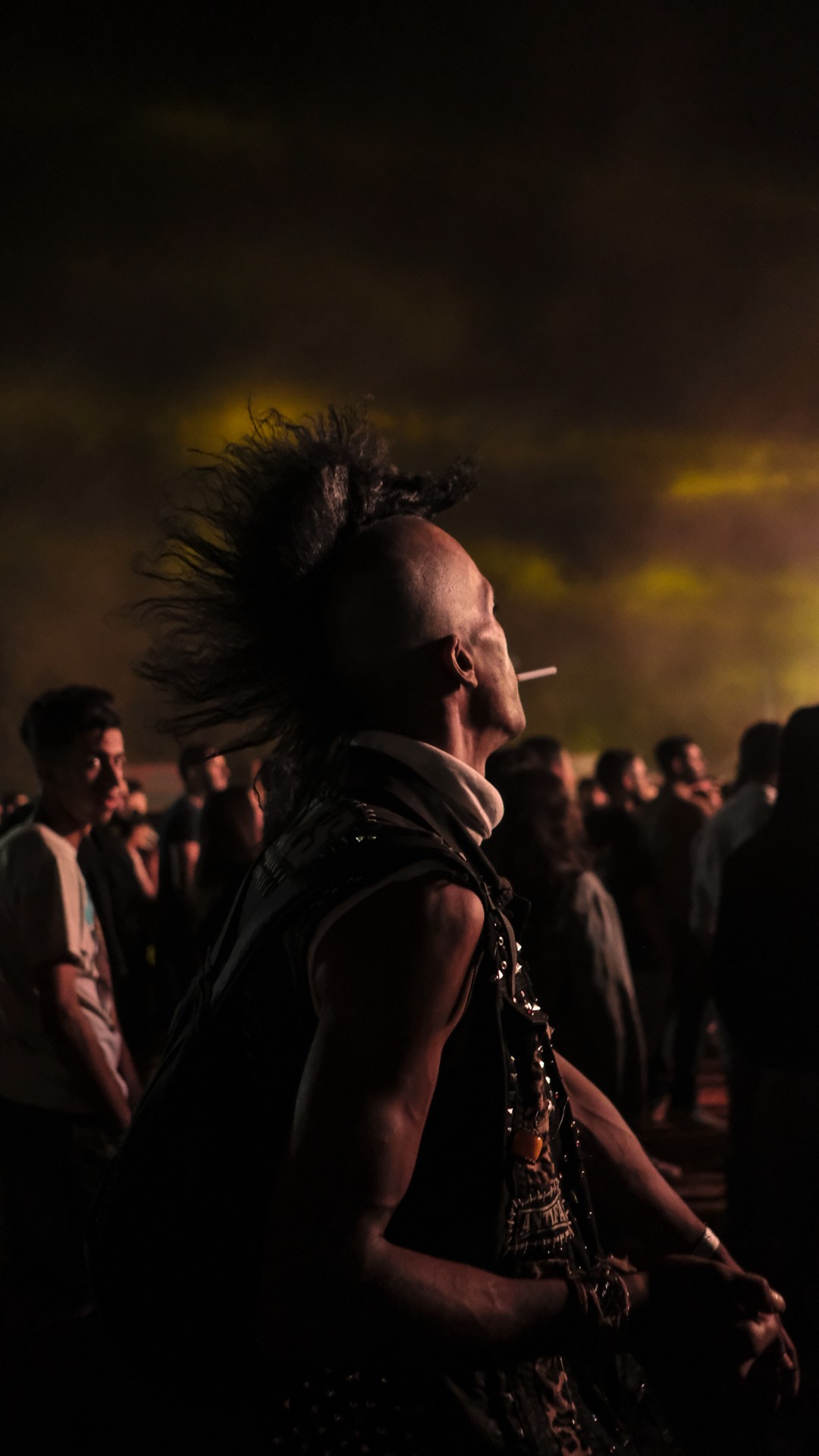
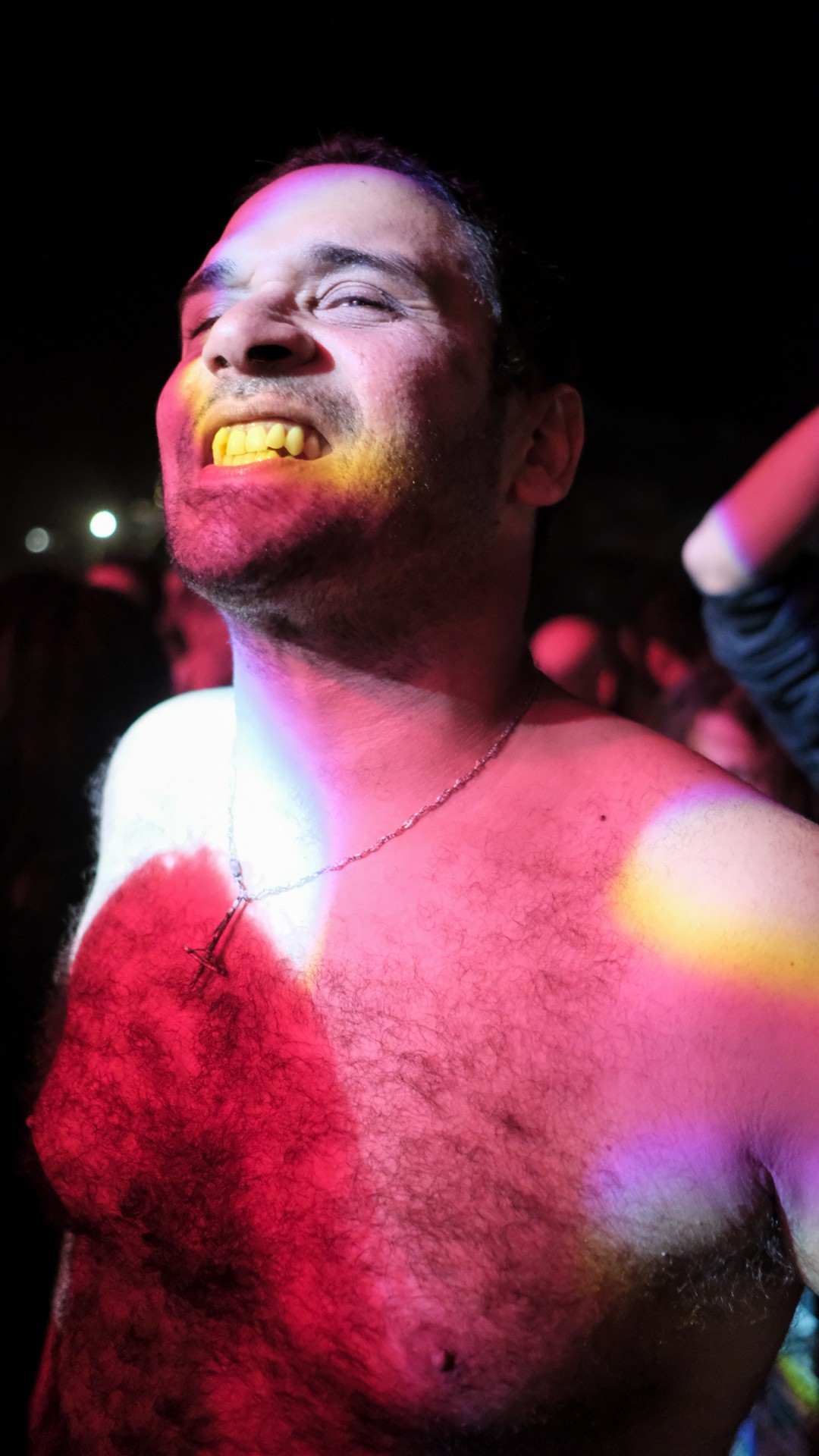
What do you find most rewarding about being a creative?
The most rewarding aspect of being an artist or creative is the ability to inspire, connect, and communicate with others on a deeply emotional and intellectual level. Creating art allows one to express thoughts, ideas, and emotions in a unique and powerful way. It offers a platform to provoke thought, challenge norms, and provide a fresh perspective on the world.
Moreover, the impact of art and creativity often extends beyond the artist themselves. When a piece of art resonates with an audience, it can evoke strong emotions, encourage critical thinking, and prompt discussions. Art has the potential to break down barriers, bridge gaps, and bring people together, fostering a sense of unity and shared experience.
The creative process itself is also highly rewarding. It allows for self-discovery, personal growth, and the continuous development of one’s skills and abilities. Artists have the freedom to explore, experiment, and innovate, pushing the boundaries of their own creativity.
Ultimately, the ability to leave a lasting impact, spark conversations, and contribute to the cultural tapestry of society is what makes being an artist or creative an immensely fulfilling and rewarding pursuit.
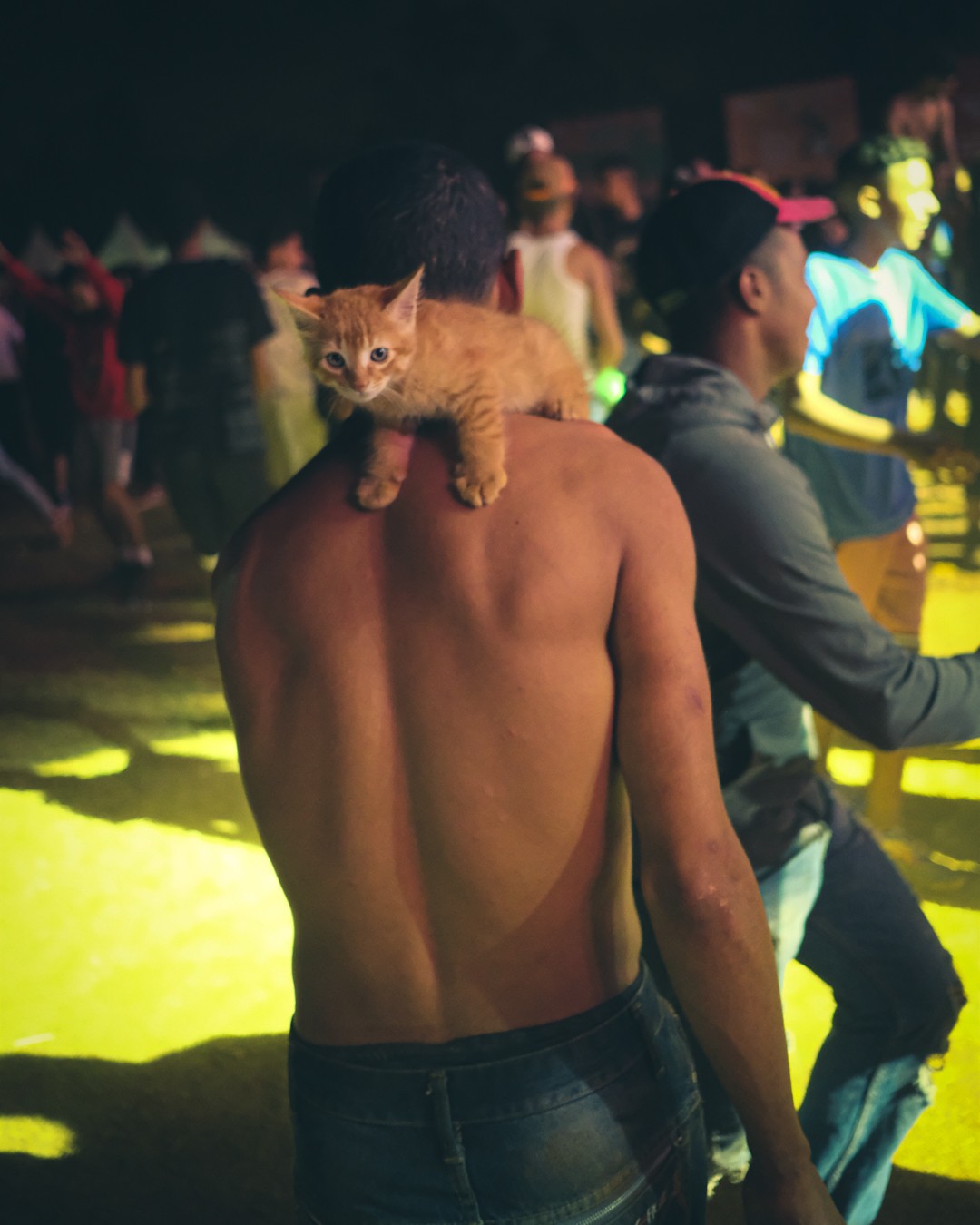
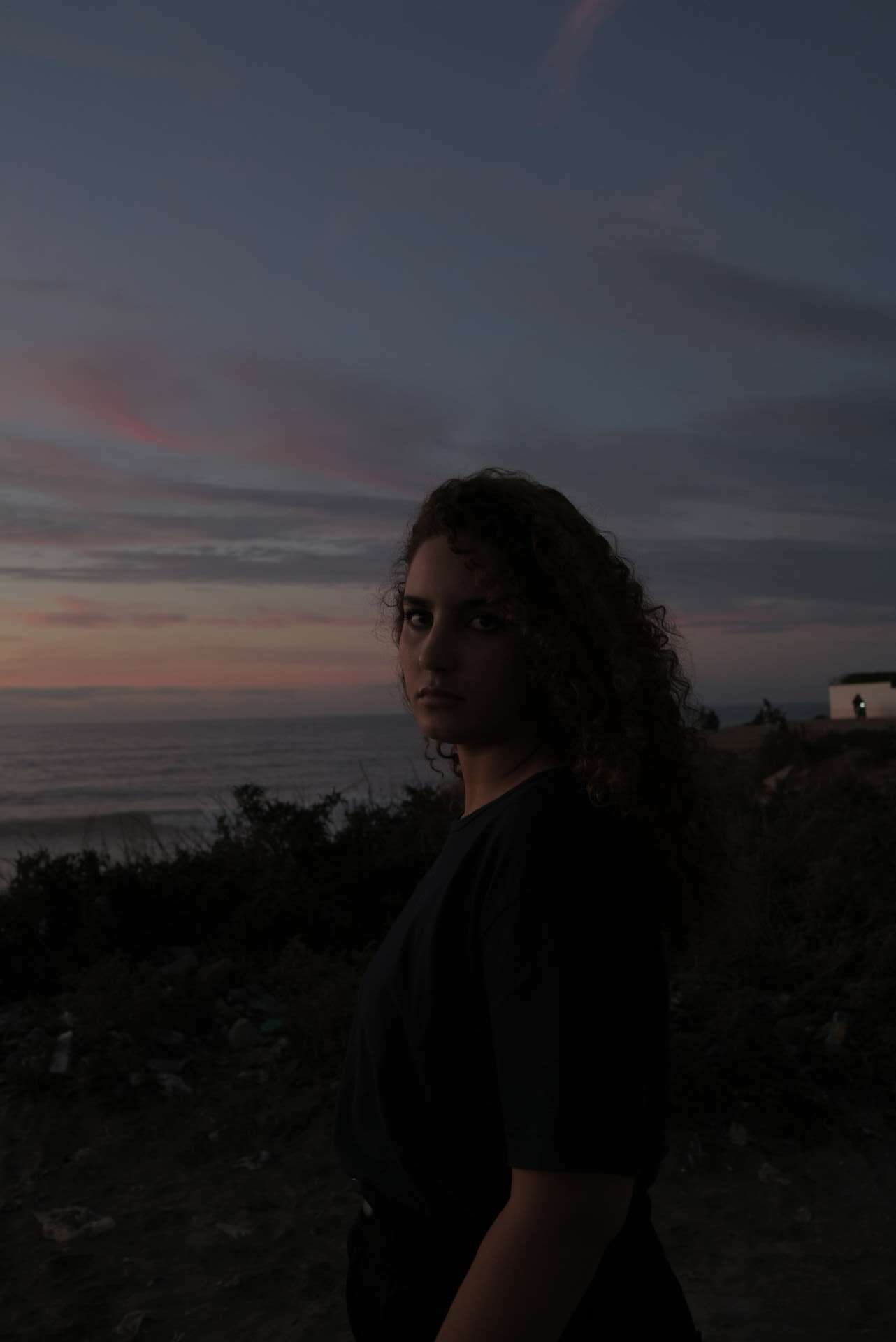
Contact Info:
- Instagram: https://www.instagram.com/achrafkhalis/. https://www.instagram.com/here_to_notice/
- Facebook: https://web.facebook.com/profile.php?id=100007587912920


